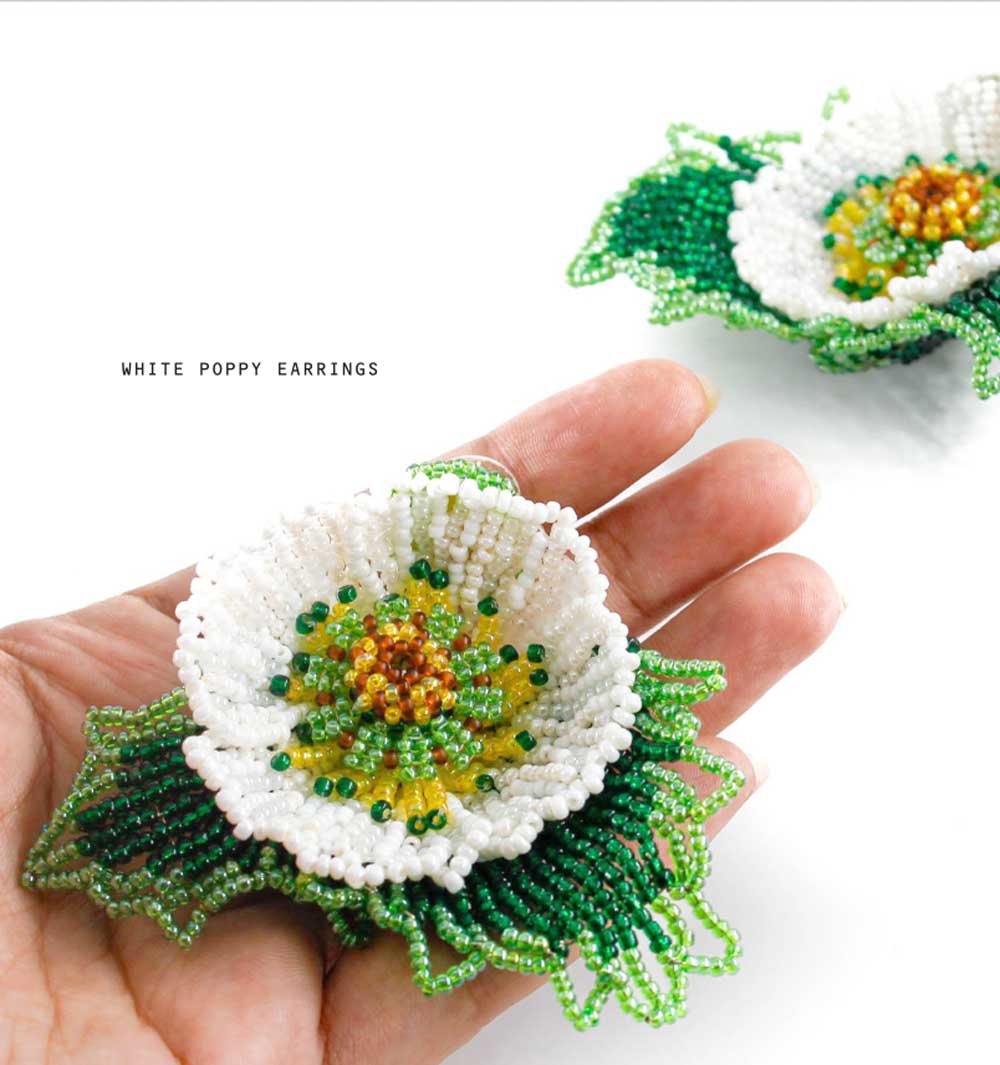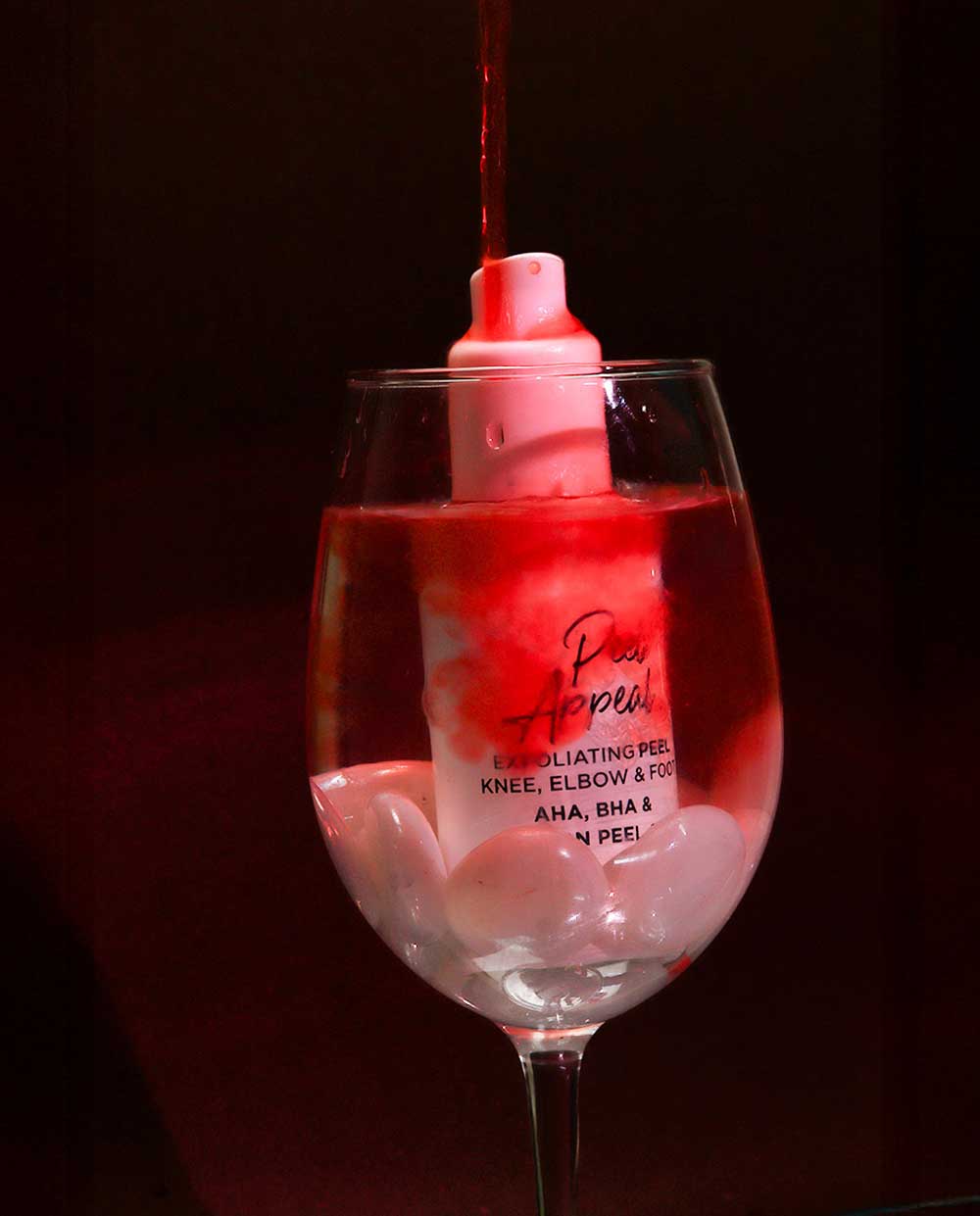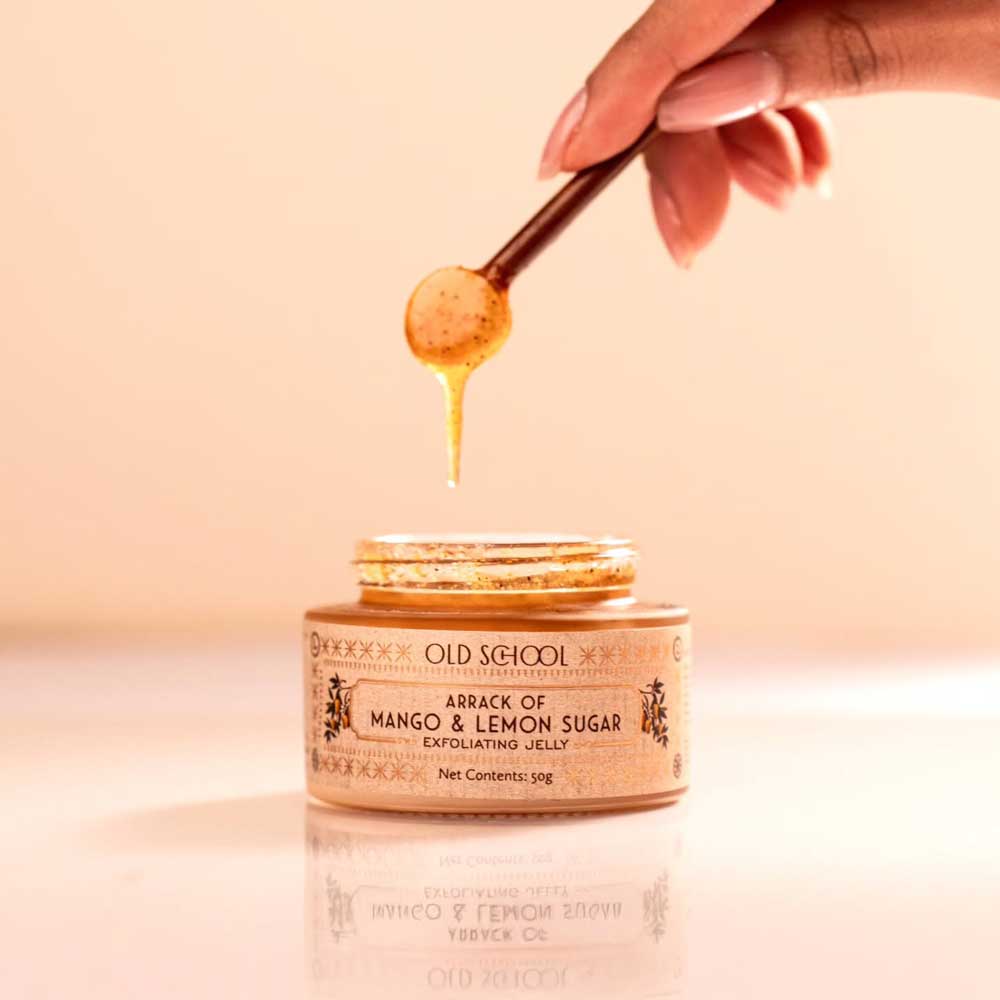While your wardrobe or skincare shelf might look stylish, the story behind it may not be as pretty. Despite progress, child labour remains a grim reality in the global supply chain, especially in unregulated or informal sectors of textiles, beauty, and accessories. India, with its rich artisanal legacy, often walks a fine line between heritage craft and exploitative labour.
This is why ethical, homegrown brands matter. They’re not just offering planet-friendly products, but people-friendly practices like fair wages, safe working environments, and child labour-free operations. If you're looking to shop consciously, these Indian brands are a great place to start.
1. No Nasties
No Nasties has been one of the pioneers in India’s ethical fashion movement. From seed to stitch, every piece is 100 per cent organic, vegan, and fair trade certified. The brand works exclusively with farms and factories that are certified child labour-free, ensuring a clean conscience for conscious consumers. Plus, their traceable supply chain and transparency reports are open to all.
Look for: Fairtrade certification, 100 per cent organic cotton, carbon-neutral practices.

Image Source: Instagram/nonasties
2. Eka
Founded by designer Rina Singh, Eka blends modern silhouettes with traditional craft and works extensively with handloom clusters across India. The brand emphasises long-term artisan partnerships, many of whom are women, and ensures ethical production devoid of exploitative labour, including child labour.
Look for: Handwoven textiles, small-batch production, and craft-led storytelling.

Image Source: Instagram/ekaco
3. Rata
Rata, founded by Pratiksha Tandon, is a contemporary jewellery label that revives the rare craft of bead weaving with each piece handmade, bead by bead, without machines or moulds. With ethically sourced materials, a zero-waste approach, and a studio culture that honours artisan creativity, Rata blends slow fashion with soulful storytelling.
Look for: Handcrafted, locally sourced materials, slow fashion ethos.

Image Source: Rata
4. PDKF Store
The PDKF Store blends Rajasthani heritage with contemporary design to empower over 10,000 women across Rajasthan. Each piece, from breezy co-ords to hand-blocked separates, is handcrafted by women trained through the foundation’s livelihood programmes. Rooted in Jaipur’s visual language and guided by a vision of contemporary heritage, the label redefines royalty as purpose-driven, artisan-led, and future-facing.
Look for: Transparent sourcing, fair wages, and skill development programs.

Image Source: Instagram/thepdkfstore
5. Mintree
Category: Beauty
This homegrown clean beauty brand focuses on high-performance skincare, bodycare and haircare products while staying committed to ethical sourcing. Mintree sources certified organic ingredients and uses packaging recycled from waste forest wood, made by local artisans.
Look for: Toxin-free labels, cruelty-free tags, and ethical ingredient sourcing.

Image Source: Instagram/mintreebeautyy
6. Old School Rituals
Old School Rituals champions the return to tradition-inspired self-care, without compromising on ethics. Their handmade, small-batch formulas are created in fair-wage, women-led units. With a zero-tolerance policy toward child labour, they prioritise responsible sourcing of herbs and oils and often provide employment to communities in need.
Look for: Small-batch production, hand-blended remedies, clean beauty promise.

Image Source: Instagram/oldschoolrituals
7. Jaipur Rugs
Jaipur Rugs is widely recognised not just for its beautifully hand-knotted carpets, but also for revolutionising the supply chain. They work directly with over 40,000 artisans in rural India, providing training, dignified wages, and a child-labour-free environment. Jaipur Rugs is a certified Child-Labour-Free RugMark licensee, committed to ethical production by ensuring zero child labour, registering all looms with the Rug Mark Foundation, and permitting unannounced inspections as part of its socially responsible manufacturing practices.
Look for: Artisan-made labels, grassroots impact, and generational craft preservation.

Image Source: Instagram/jaipurrugs
What You Can Do As a Consumer:
Read the label: Look for Fairtrade, GOTS, and other credible certifications.
Do a brand audit: Many brands list their ethical policies on their website, check for clarity on labour practices.
Ask questions: Don’t hesitate to email a brand or ask on social media about how and where your product was made.
Support transparency: Choose brands that are open about their supply chains and manufacturing partners.
Shopping from ethical brands isn’t just about being trendy; it’s about making sure someone else didn’t pay the price for your product. By choosing child-labour-free, fairly made goods, you're helping build an economy that uplifts, not exploits.